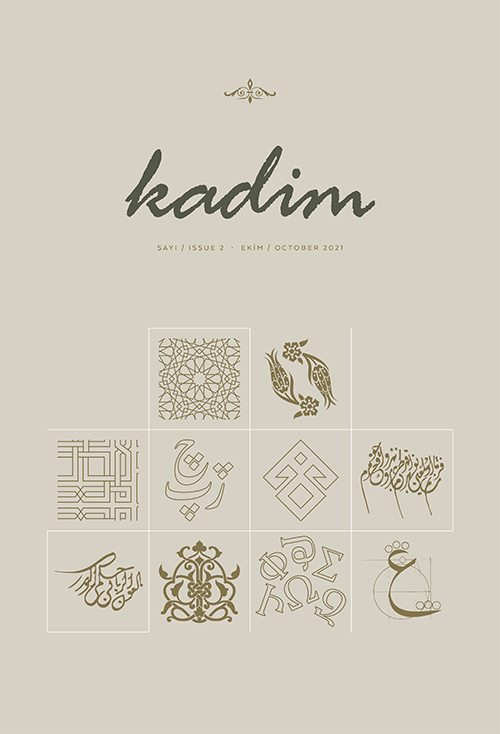Singing on ‘The World's Stage’: Kanto and Late Ottoman Social Life
Singing on ‘The World's Stage’: Kanto and Late Ottoman Social Life
Author(s): Erik Backthrone-O'barrSubject(s): Theatre, Dance, Performing Arts, The Ottoman Empire
Published by: Burhan Çağlar
Keywords: Peruz Terzakyan; Şamram Kelleciyan; Minyon Virjini; Sahne-i Âlem; Ottoman Theater;
Summary/Abstract: The staged theater was among the most crucial venues during the late Ottoman Empire for the expression of new modes of social activity and the display of changing fashions and customs, and as such actors, actresses and theater managers represented key figures in the broader process of Ottoman cultural modernization. In 1898, a group of rising artists founded a theater company in Istanbul named the Sahne-i Âlem, “The World’s Stage.” Despite the brief period in which it operated, the theater represented a major development in the public visibility and self-management of women’s labor in the late Ottoman Empire. This paper examines three actresses and singers who managed the Sahne-i Âlem (Peruz Terzakyan, Şamram Kelleciyan and Minyon Virjini) as representative of the modernized city and the discourses that shaped it. The study, which examines non-Muslim female kanto artists belonging to the marginalized populations of Istanbul, explores some of the more understudied aspects of social life during the last years of the Ottoman period.
Journal: Kadim
- Issue Year: 2021
- Issue No: 2
- Page Range: 13-32
- Page Count: 20
- Language: English

